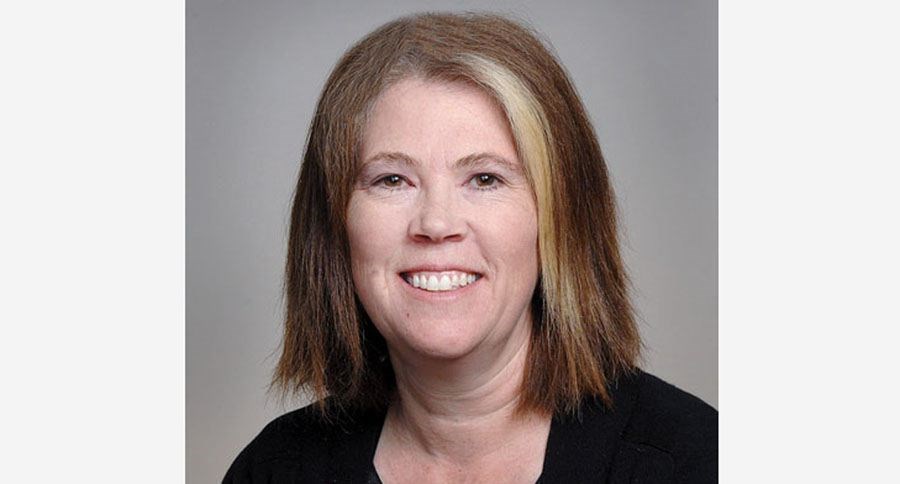I had the pleasure this week of giving a talk to a local group. I took the opportunity to answer a question that I have been asked to me repeatedly: "How has Donald Trump been able to make such inroads toward his bid to be the president (of the UnitedStates)?" This question has come from people of all political persuasions. In my talk I laid out a series of answers that I thought I would share today.
First I discussed the social factors that I think have created an opportunity for Trump's appeal: the decline of social capital and the decline of trust in authority. I have written before in this column about social capital, which is a term used to describe the webs of trust relationships that we create in our communities. Robert Putnam described the decline of social capital that has led to, among other things, the decline in social cohesion.
This trend is worrying because it moves society toward a culture of individualism and mistrust. Along with this trend, is the decline of trust in public authority.
As I wrote in July: [the power of] "authority" [is often derived from] an important "tacit" (that is to say unspoken) agreement that we make in civil society to obey [...law]. We do this because it generally works better for everyone if we follow accepted norms and behaviours and allow the authorities to deal with those who break the rules. But, in this tacit agreement there must be a deep trust that authority is good and right."
The rise of conflicts between police departments and communities are a growing trend in the U.S. and theyleave open critical questions about the power of authority.
Second, I looked at the political factors that created an opening for Trump to take the nomination: the inability of conservatives to be able to articulate a clear message about the role of government.
I think that a critical issue facing the American political system is the failure of the Republican Party to articulate a clear understanding of the ideology of conservatism. One of the central tenants of conservatism is actually a trust in elites to make good decisions.
The word elites in this case, does not mean rich it means thoughtful and educated individuals who have expertise.
The deriding of the elite class has meant an undermining of evidence based policy making and decision making.
For those who ask how it is that the U.S. Congress has become so deadlocked, one need not look further than the decline of the centre-right and centre-left elites to be able to make compromise policy decisions. The argument I am making here is that conservatives have undermined their own position by failing to articulate how their ideology venerates tradition, elite rule, and how the state might help to define and educate citizens for virtue in the 21st century.
Third, I pointed to economic factors, particularly the decline of middle-skill employment opportunities.
In my research, I found a very telling observation about the change in the economy that occurred in the 1980s.
The scholar David Harvey writing in 1987 noted that: "Rapid displacements... from the advanced capitalist countries to the newly industrializing countries, or from skilled manufacturing to unskilled service jobs, hammered home the weakness of labour and its inability to resist sustained levels of high unemployment, rapid destruction and reconstruction of skills, and modest (if any) increases in the real wage. Political economic circumstances also undermined the power of the state to protect the social wage, even in those countries with governments seriously committed to the defense of the welfare state." (252).
Harvey's description highlights the difficulty of the middle skill worker to find employment in the new economy.
Research shows that low skill, low pay jobs and high skill, high pay jobs are on the rise but the middle skill manufacturing jobs that were often unionized, well-paid jobs have declined and not recovered. So there is a polarization of jobs at the high and low end of the wage scale.
Thus it is in this climate in which there is a decline of trust in authority and in society, an inability to articulate how real conservatism might reinvigorate the country and the belief that there can be a return of a pre-globalized economy, that a door has opened for a candidate like Trump.
In closing my talk, I noted that whatever the outcome of the election all of these issues will still be at the heart of the polarization of American politics.



